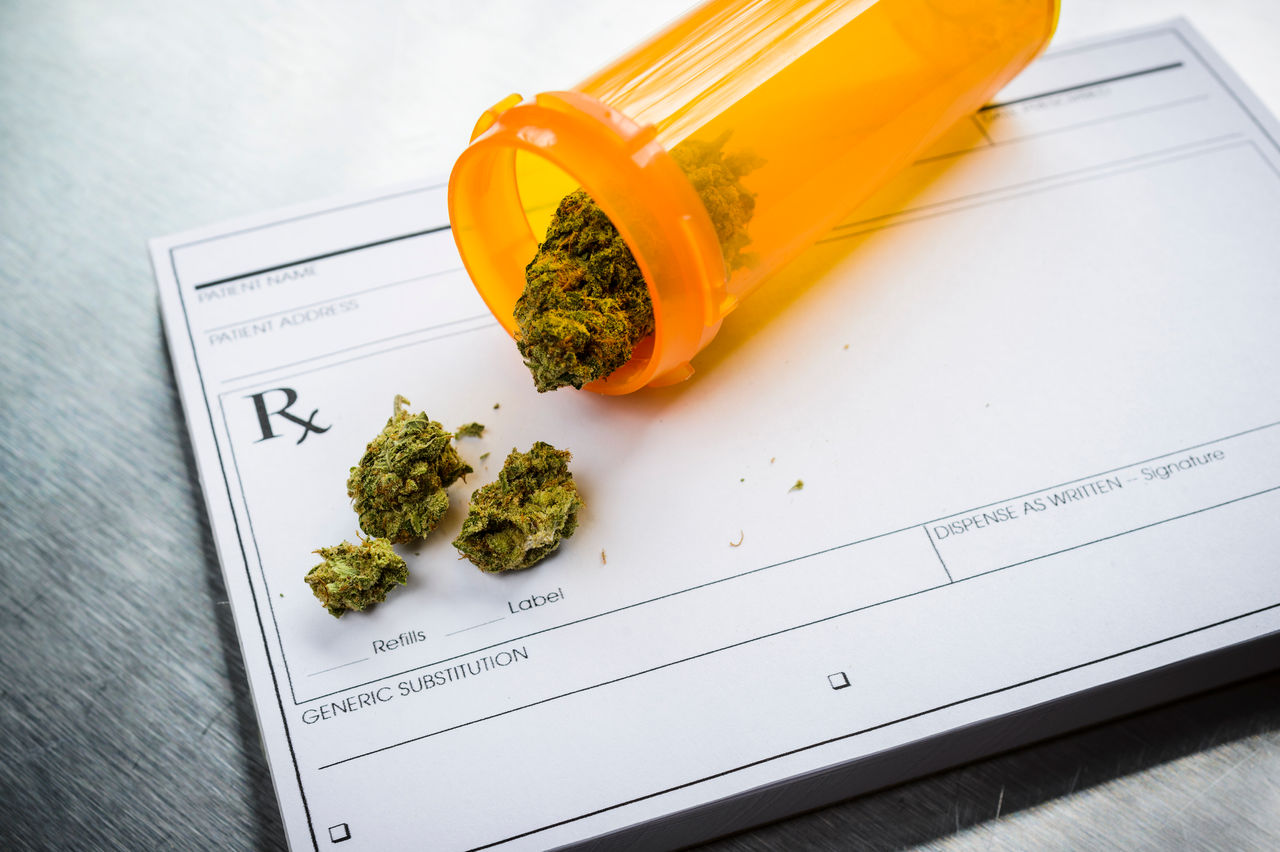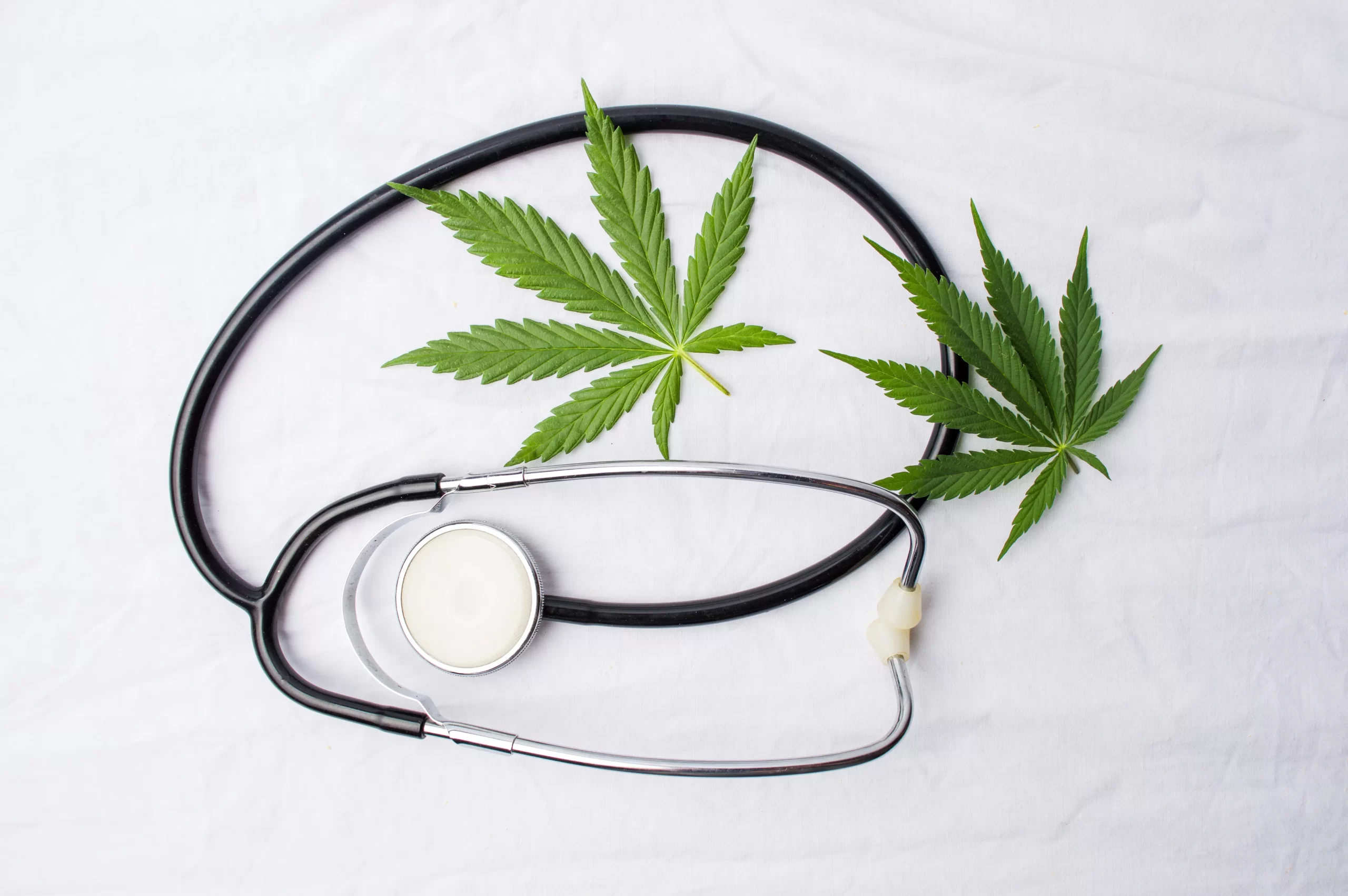Shedding Light on What Medical Marijuana Can Heal: a Thorough Analysis of Its Therapeutic Features
In recent years, there has actually been an expanding passion in the healing possibility of clinical cannabis. While anecdotal proof is plentiful, an extensive exam of the scientific information concerning the effectiveness of clinical marijuana in dealing with these conditions is called for.
Chronic Pain Monitoring
Chronic pain monitoring remains a crucial facet of healthcare, necessitating a comprehensive strategy for reliable therapy. Recently, clinical cannabis has emerged as a prospective restorative choice for people dealing with chronic discomfort conditions. The endocannabinoid system, which plays a critical duty in discomfort modulation, has been targeted by cannabis-based therapies to boost and ease signs lifestyle for patients.

Additionally, clinical marijuana offers an encouraging choice for patients who experience unbearable side impacts from typical discomfort medications. Its capability to address discomfort with a various mechanism makes it a valuable addition to the toolbox of treatments available for persistent pain monitoring.
Epilepsy Therapy Potential
Clinical marijuana has actually revealed promising capacity in the therapy of epilepsy, supplying a novel restorative method for taking care of seizures in clients. Epilepsy is a neurological condition characterized by persistent seizures, impacting people of every ages. Typical therapies for epilepsy consist of antiepileptic medications, yet these medications might not work for all individuals and can have considerable side effects.
Research study on using clinical cannabis for epilepsy has actually disclosed motivating outcomes. Cannabidiol (CBD), a non-psychoactive compound found in marijuana, has actually been particularly highlighted for its anticonvulsant buildings. Research studies have actually revealed that CBD can decrease the regularity and seriousness of seizures in individuals with treatment-resistant kinds of epilepsy, such as Dravet disorder and Lennox-Gastaut syndrome.
Moreover, the FDA has actually authorized a CBD-based medicine, Epidiolex, for the treatment of seizures related to these extreme kinds of epilepsy. This landmark emphasizes the expanding acknowledgment of medical cannabis as a useful therapeutic choice for handling epilepsy and offers expect patients who have actually not reacted well to traditional therapies.
Queasiness Relief Advantages
The alleviation of nausea via making use of marijuana has been increasingly identified for its healing benefits in various clinical conditions. Queasiness and throwing up prevail signs and symptoms experienced by people undertaking radiation treatment, those with food poisonings, and people with persistent discomfort conditions. Clinical cannabis, with its energetic compounds such as THC and CBD, has shown guarantee in providing remedy for queasiness.

Additionally, medical marijuana provides a natural option for individuals that do not respond well to conventional anti-nausea medicines or who experience extreme negative effects from these medicines. Clients going through chemotherapy, specifically, have actually reported significant enhancements in their lifestyle when utilizing marijuana to take care of nausea. As study around remains to expand, clinical marijuana is increasingly being taken into consideration as a useful option family planning clinic for nausea or vomiting relief in different clinical settings.
Stress And Anxiety Reduction Impacts
Studies have demonstrated the possibility of marijuana in reducing stress and anxiety signs through its interaction with the endocannabinoid system. The endocannabinoid system plays a crucial function in managing feelings, consisting of anxiety, by preserving homeostasis in the body. Cannabinoids in marijuana, such as THC and CBD, interact with the endocannabinoid receptors in the brain, specifically the CB1 and CB2 receptors, to regulate anxiety-related reactions.

Individuals with problems like generalised anxiety disorder (GAD), social stress and anxiety condition, and post-traumatic stress and anxiety problem (PTSD) may benefit from the anxiolytic homes of marijuana (Medical Marijuana Doctor Clinton MS). However, further research is needed to figure out optimum does, distribution approaches, and lasting results on stress and anxiety administration.
Prospective for Inflammation Control
With its recognized anti-inflammatory homes, cannabis has revealed pledge in potentially regulating inflammation within the body. Swelling is the body's all-natural feedback to injury or infection, however when it becomes chronic, it can add to different diseases such as joint inflammation, inflammatory bowel illness, and also heart illness. Research recommends that the cannabinoids discovered in marijuana, such as THC and CBD, can help minimize and control the immune response inflammation.
Researches have actually shown that marijuana can engage with the endocannabinoid system, which plays a crucial role in managing inflammation. By targeting the cannabinoid receptors, marijuana compounds can regulate the immune feedback, resulting in a decline in inflammation degrees. This makes marijuana a prospective candidate for handling inflammatory problems where standard treatments have fallen brief.
Moreover, cannabis-derived items like CBD oil have gotten appeal for their anti-inflammatory properties, with lots of people using them as a natural remedy for description conditions related to swelling. While even more research is required to fully recognize the devices behind cannabis's anti-inflammatory results, present findings show encouraging results for the prospective use clinical cannabis in controlling swelling.
Verdict
In conclusion, clinical marijuana has actually revealed appealing therapeutic homes in managing chronic pain, dealing with epilepsy, easing nausea or vomiting, reducing stress and anxiety, and managing swelling. Its possible benefits in various clinical problems highlight the importance of further research and exploration into its medicinal use. The proof recommends that clinical cannabis might be a useful choice therapy option for individuals seeking remedy for a variety of symptoms and problems.
In recent years, medical cannabis has actually arised as a possible therapeutic alternative for individuals enduring from chronic pain conditions.Medical cannabis has shown promising potential in the treatment of epilepsy, offering a novel restorative method for managing seizures in people. As research in this area continues to grow, medical marijuana is significantly being taken into consideration as a valuable option for nausea alleviation in numerous medical settings.
In conclusion, medical cannabis has actually shown appealing restorative homes in managing persistent discomfort, treating epilepsy, soothing nausea, reducing anxiousness, and managing swelling. The proof recommends that clinical marijuana could be a beneficial choice therapy choice for patients looking for relief from a range of conditions and signs and symptoms.